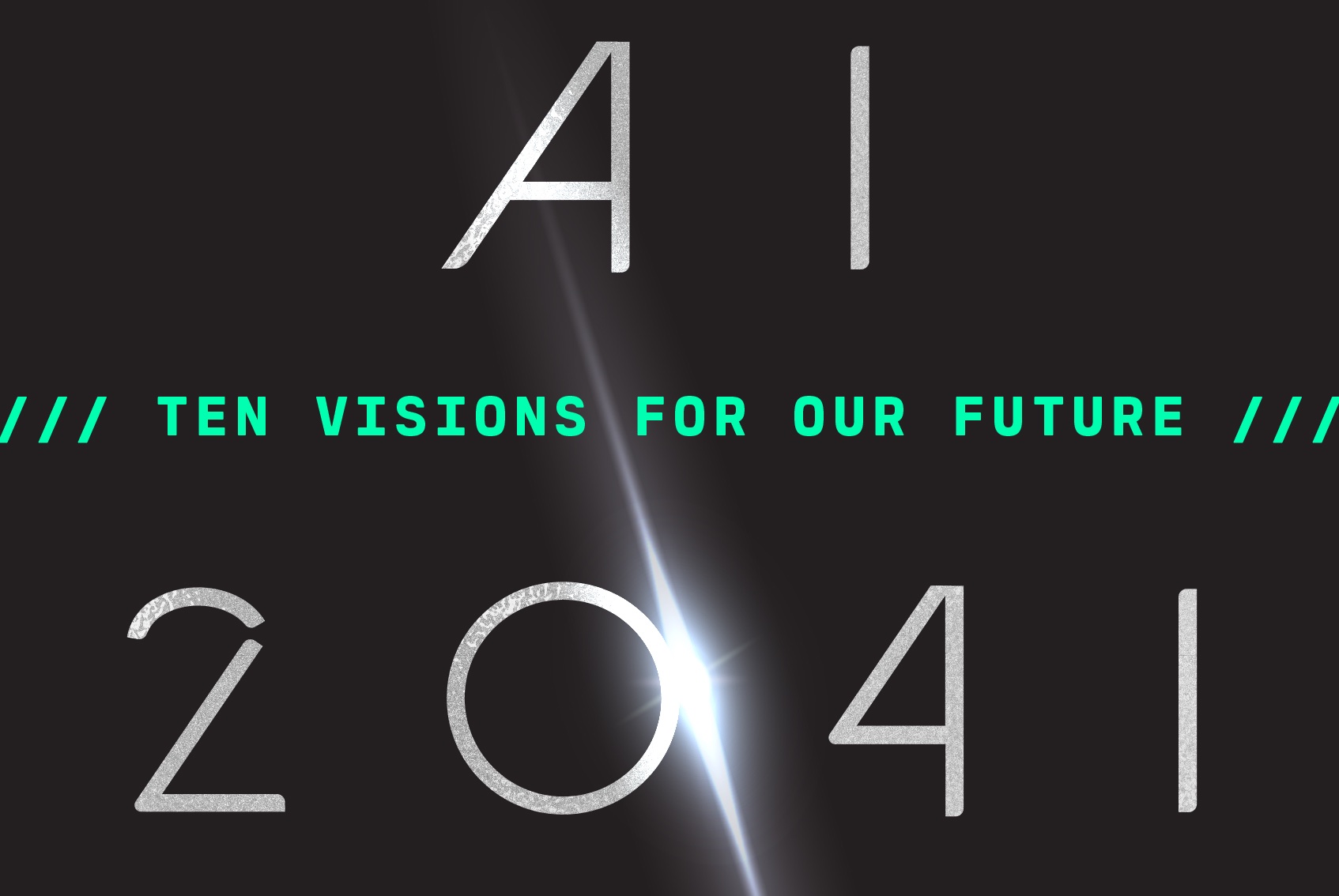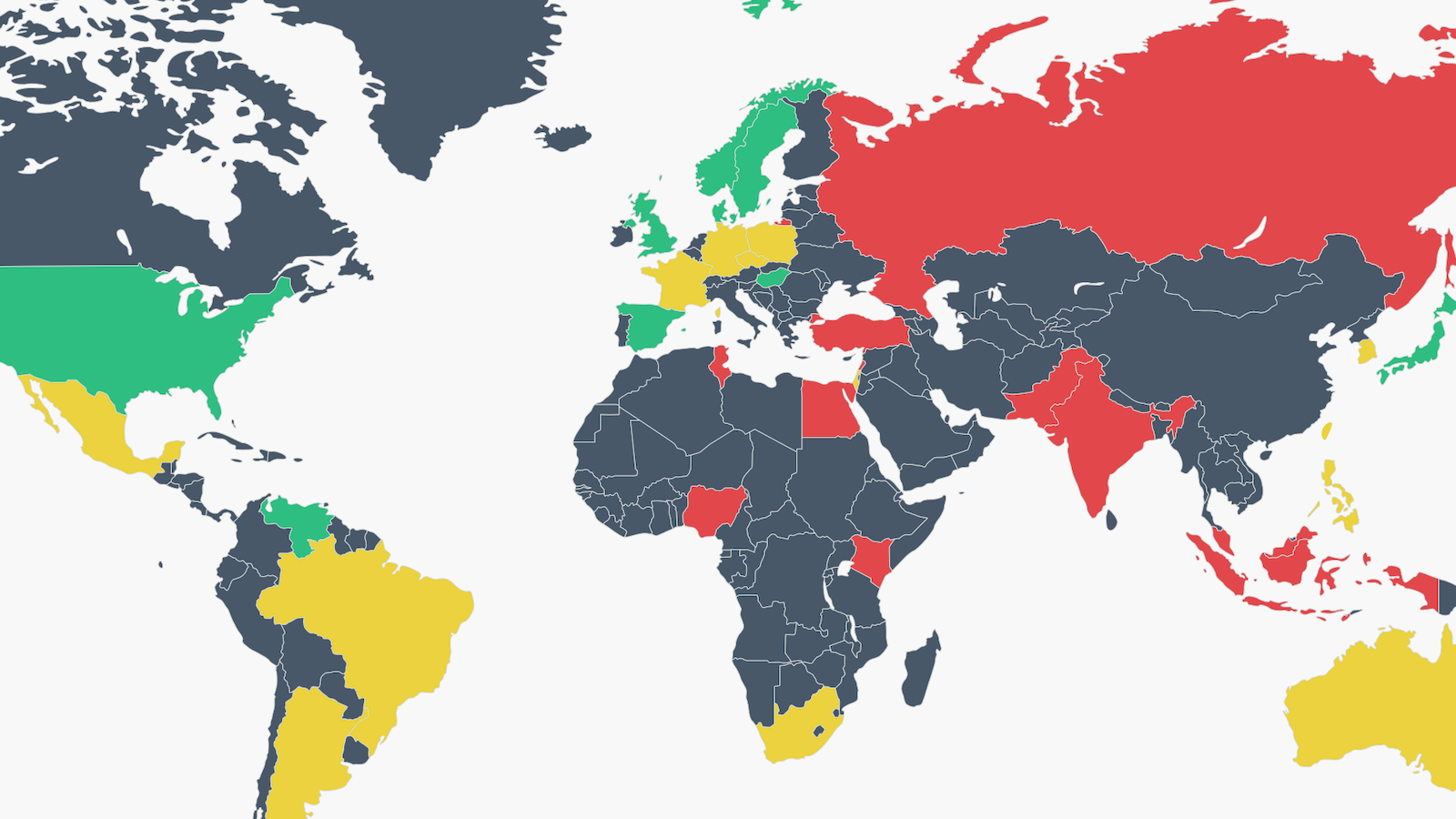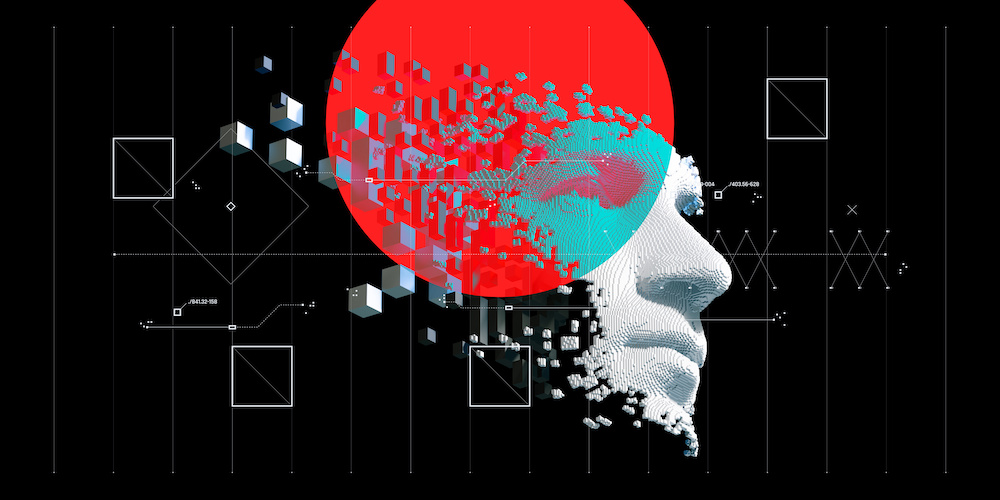In the future, you might voluntarily share your social media data with your psychiatrist to inform a more accurate diagnosis.
Search Results
You searched for: Internet
We asked our experts where they see the biggest blockers right now for more progress. Essentially, from their various areas of focus, what did they see as the largest impediments to driving progress forward around the world and how they would prioritize the necessary interventions? The answers were appropriately varied from the philosophical to the political to the technological.
Virtual tourism has thus far been a futuristic dream, but a world shaped by Covid-19 may be ready to accept it.
Older people are in grave danger of being left behind.
If you want flexibility, transparency, and decent health policies, it seems like working in tech pays off.
It is often assumed that AI will become so advanced that the technology will be able to do anything. In reality, there are limits.
Pandemics have historically given way to social revolution. What will the post-COVID revolution be?
Social media distorts the reality of the public sphere.
Since 1957, the world’s space agencies have been polluting the space above us with countless pieces of junk, threatening our technological infrastructure and ability to venture deeper into space.
More people are looking up panic and anxiety attacks in quarantine.
The more you like, follow and share, the faster you find yourself moving in that political direction.
User-driven sites lead to user-based bias.
In his new book, “The Wires of War: Technology and the Global Struggle for Power,” Jacob Helberg outlines the brewing cyberwar between Western democracies and autocracies like China and Russia.
The power of play: our forgotten lifehack.
An unprecedented number of new satellites threatens the night sky as we know it. Will we act in time to save it?
In some countries, people want more freedom of speech. In others, they feel that there is too much.
If used improperly, the metaverse could be more divisive than social media and an insidious threat to society and even reality itself.
The evidence for a link between time spent using technology and mental health is fatally flawed.
Scott Dikkers discusses comedy, the creative process, and life lessons learned playing peekaboo.
Businesses have learned how to mend the weak spots in free trial marketing.
Was the hamburger menu always so ubiquitous?
The federal government and private insurers greatly increased Americans’ telehealth access during the pandemic. Will these changes be permanent?
WhiteSmoke Grammar Checker keeps your spelling and grammar issues at bay while also working as a translator.
A Stanford study explores the effect of multitasking on memory in young adults.
It may be old tech, but it’s super-reliable.
Society-changing ideas form through a three-stage process, argues author Michael Bhaskar.
Even 1500 years after the fall of Rome, its western border can still be seen on German street maps.
A strange object found in the desert has prompted worldwide speculation.
MIT Professor Sinan Aral’s new book, “The Hype Machine,” explores the perils and promise of social media in a time of discord.
Opportunistic agility is running rampant among hackers and scammers.





























